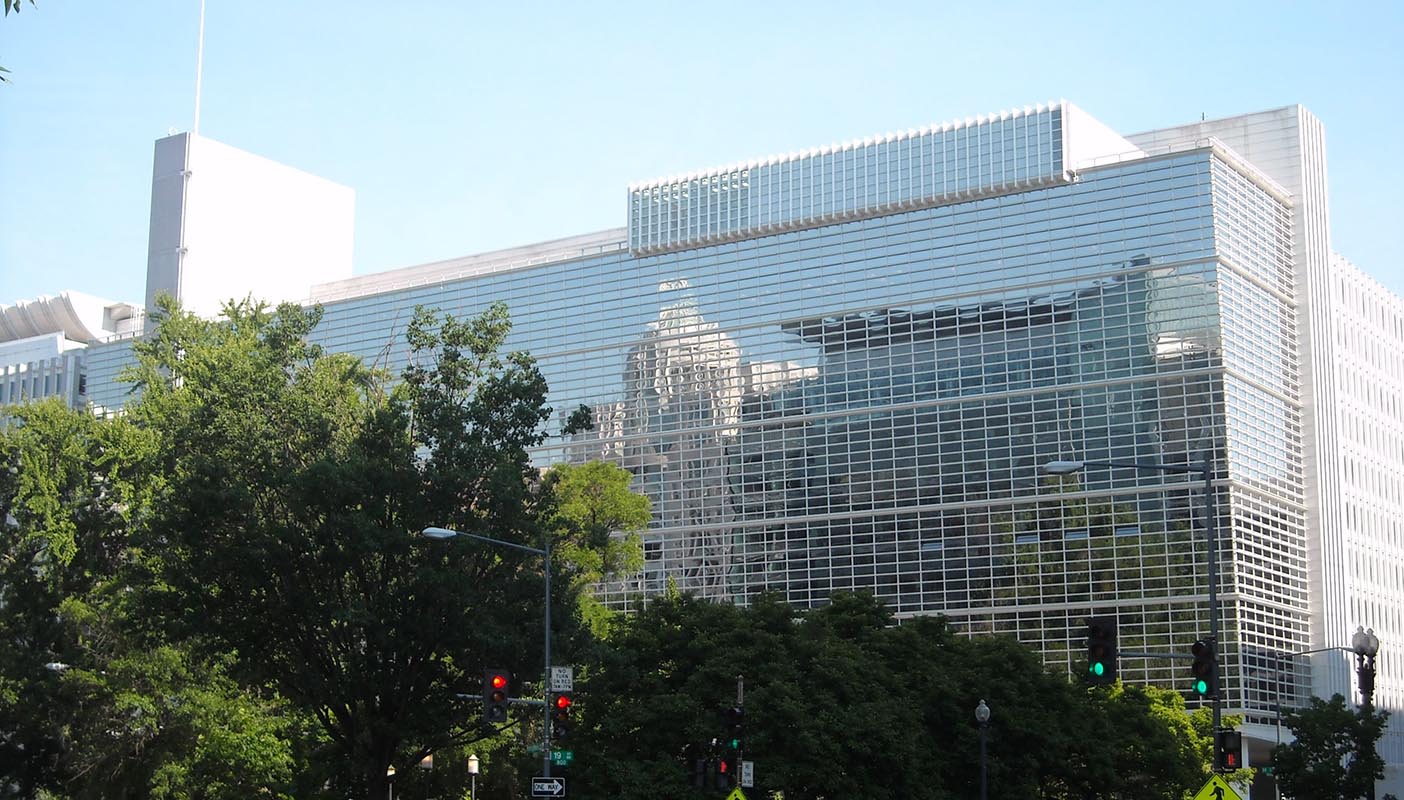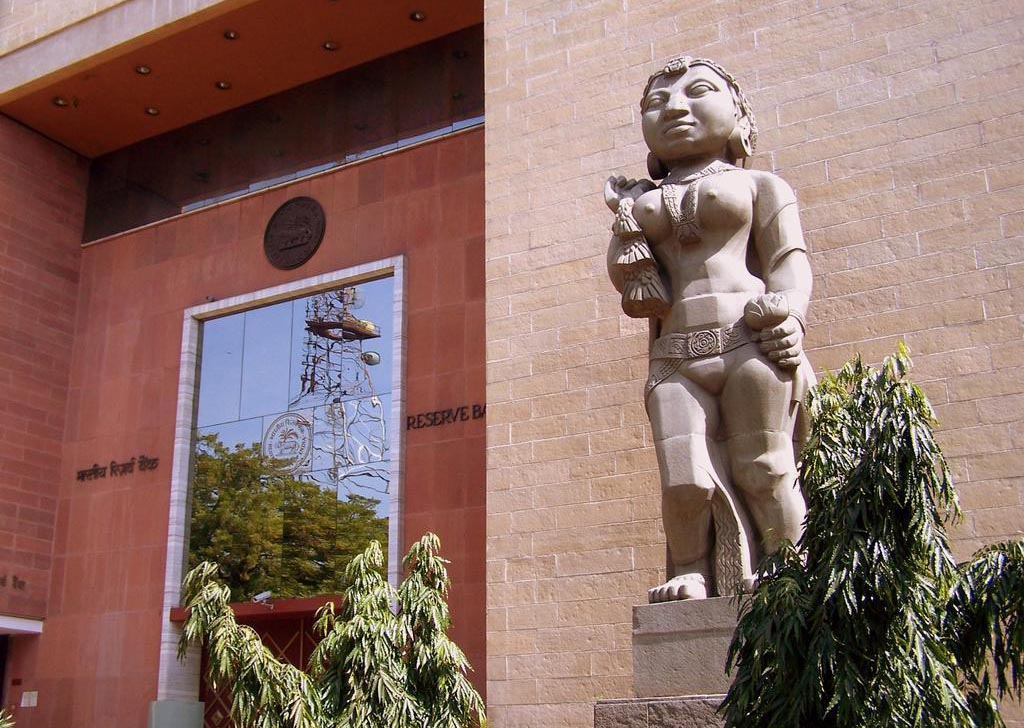Ordinary or External: The world of NRI bank accounts
Understanding multi-country banking needs for the global Indian.
Non-Resident Indians are sending money back home at a record pace. A whopping USD79 billion (SGD106.89 billion) were remitted to India in 2018, pipping the Chinese (USD67 billion—SGD90.65 billion), Mexican (USD36 billion—SGD48.71 billion), Philippino (USD34 billion—SGD46.1 billion), and the Egyptian (USD29 billion---SGD39.24 billion) diaspora to the top spot.
According to Reserve Bank of India (RBI) regulations, whether it is for savings, paying taxes, real estate investments or to build that nest-egg, the huge rush of remittances is prompting foreign and local banks to improve the functionality of different accounts and offer a varied number of products to attract business from this growing community of moneyed clients in recent years.
 The latest edition of the World Bank's Migration and Development Brief said, “Remittances grew by more than 14 per cent in India in 2018."
The latest edition of the World Bank's Migration and Development Brief said, “Remittances grew by more than 14 per cent in India in 2018."
The hunt is on for the best account with the most flexible features.
Before you find that ultimate account, it is critical that Non-Resident Indians understand the basics of the simple savings bank accounts they can open in India.
What banking accounts can NRIs open in India?
Unlike Indian citizens residing in the country, Non-Resident Indians or NRIs cannot have standard savings accounts in Indian banks. There are three types of bank accounts available for NRIs:
NON-RESIDENT ORDINARY RUPEE ACCOUNT (NRO): An ordinary savings bank account for NRIs as the name suggests. It can be funded in INR or foreign exchange. For those moving abroad after having worked in India, their resident savings account has to be converted to an NRO account. This account can also have recurring or fixed deposits.
NON-RESIDENT EXTERNAL RUPEE ACCOUNT (NRE): The key difference from the NRO account is that this account needs to be funded only in foreign currency. Any recurring and fixed deposits from this account must have a minimum maturity period of one year. Power of attorney cannot be used to open an NRE account; the NRI account holder has to open this account on his own.
FOREIGN CURRENCY (NON-RESIDENT) ACCOUNT (FCNR (Banks): An FCNR (B) account is similar to opening a regular fixed deposit but in up to nine foreign currencies. You may close an FCNR (B) account prematurely; however, in order to earn any interest on the amount, the deposit must stay untouched with the bank for at least one year.
What flexibility do the different accounts offer?
NON-RESIDENT ORDINARY RUPEE ACCOUNT: NRO accounts are savings or current accounts which can be set up by NRIs to manage the income they earn in India. This account holds currency in Indian Rupees only. You can also use your NRO account to directly invest in mutual funds and shares.
“There are no limitations on the type of credits you make to this account and it’s the only account type permitted for an NRI who’s looking to collect rents or receive dividends in India, as per the RBI,” said Lovaii Navlakhi, Managing Director & CEO, International Money Matters.
NRO accounts were envisioned for NRIs who own property or assets in India or would be returning to live in India. One major point to keep in mind is the money in these accounts is not exempt from taxation, as any interest that you earn in an NRO account will have 30% plus surcharge (if any) and cess as TDS is levied on it.
The TDS rate will be lower for countries with which India has signed a Double Tax Avoidance Agreement (DTAA) which is some 88 countries (including US, UK, Singapore, and UAE to name a few).
 The headquarters of the Reserve Bank of India in New Delhi. Photo courtesy: Wikimedia.
The headquarters of the Reserve Bank of India in New Delhi. Photo courtesy: Wikimedia.
NON-RESIDENT (EXTERNAL) ACCOUNT: The biggest advantage is that NRE accounts are not taxed and the money saved can be repatriated to its country of origin.
“For many NRIs repatriation of funds is a critical need,” said Navlakhi. “The ability to freely repatriate funds outside India in any currency, and the fact that interest earned on NRE accounts is tax-free (in NRO accounts it is not), make these accounts very popular in the NRI community.”
In addition, joint holders of NRE accounts can be an NRI or an Indian resident, while an NRO account can only have a resident Indian (a close relative) as joint holder under Section 6, Companies Act 1956.
FOREIGN CURRENCY (NON-RESIDENT) ACCOUNT (BANKS): The biggest advantage of operating an FCNR (B) account is that these accounts can be maintained in a currency other than Indian rupees. NRIs and persons of Indian origin (PIOs) can open FCNR accounts jointly with resident Indians, in which case the resident close relative operates the account as a power of attorney holder. The minimum tenure on these accounts is 1 year and the maximum is five years.
Allowable credits to this account are inward remittance, interest accruing on the account, investments, maturity proceeds from other investments (if investments were made through this account or through remittance), rent, dividend, pension and interest payments. They are fully repatriable and exempt from Indian income tax and wealth tax. If an NRI comes back to India, these deposits may be allowed to continue till maturity. After maturity, the deposits should be converted back to resident rupee deposits.
FCNR accounts take the form of fixed deposits and can be opened and closed at will, but the minimum term to collect interest is one year while the maximum is five years.
To summarise:
NRE accounts are useful when you:
- Want to park overseas earning in INR.
- Want to freely repatriate the money
- Want to maintain liquid savings in INR.
- Want an NRI as a joint holder.
NRO accounts should be opened when you:
- Want to park overseas earning in INR.
- Want to deposit earnings in India (rent, dividends) in INR.
- Want an Indian Resident (a close relative) as a joint holder.
FCNR (B) accounts should be opened when you:
- Want to park overseas earning in up to nine currencies: USD, GBP, EUR, JPY, AUD, CAD, SGD, CHF and HKD
- Get high interest rates
- Want to freely repatriate your savings that is exempt from tax
- Use it as collateral for loans
Recent innovations and changes in the remittance sector have opened up new avenues for NRIs to send money home, and opening an NRO/NRE/FCNR(B) account remains the best way to manage your money.
Tushaar Kuthiala, connectedtoindia.com
Staying connected to home is easy for the Global Indian.
Get In Touch



